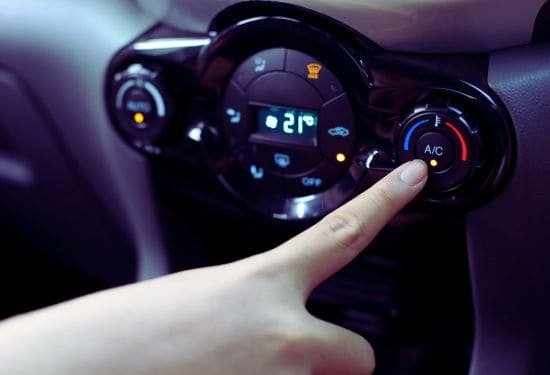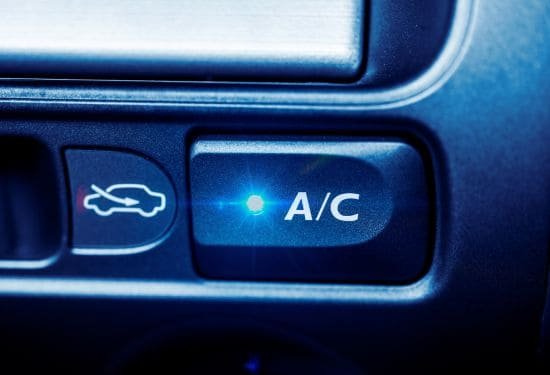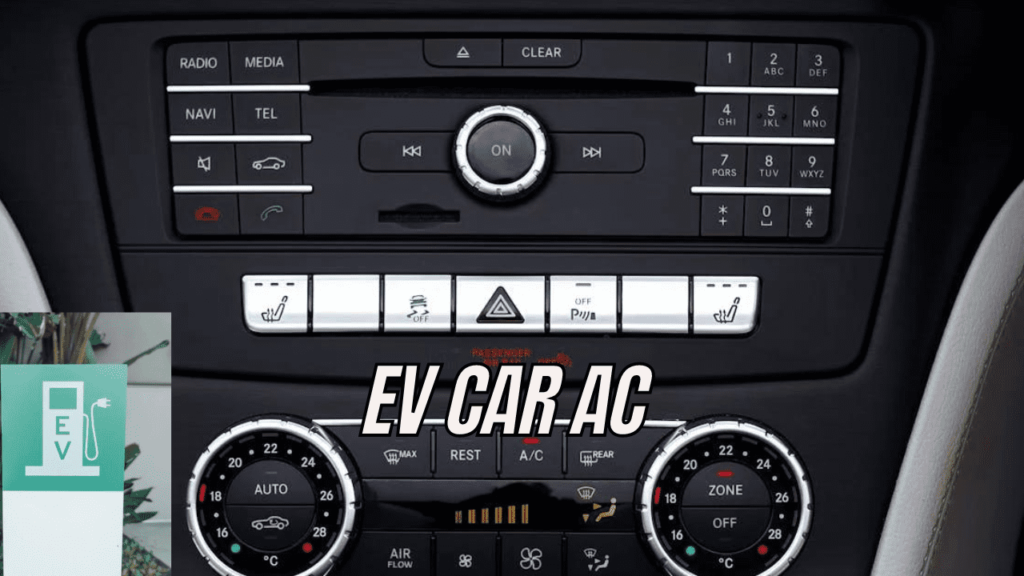As the world moves towards reasonable transportation arrangements, electric vehicles (EVs) have arisen as a leader in diminishing fossil fuel byproducts and reliance on petroleum derivatives. Close to progressions in battery innovation and reach, electric vehicles have likewise gone through huge development in helper frameworks, especially cooling (AC). In this article, we investigate the development of electric car AC frameworks and their significant role in enhancing comfort, efficiency, and sustainability. How do air conditioners work in electric cars?

The Evolution of Electric Car AC
Traditional internal combustion engine (ICE) vehicles have long depended on AC frameworks fueled by the motor’s mechanical energy. Be that as it may, electric vehicles work unexpectedly, drawing power from high-voltage batteries to drive the vehicle. Early electric vehicles confronted difficulties in proficiently cooling their insides without depleting valuable battery saves.
To address this, engineers started creating dedicated electric vehicle AC frameworks intended to improve energy utilization and keep up with agreeable cabin temperatures. These frameworks influence imaginative innovations, for example, heat pumps, advanced insulation, and smart climate control algorithms, to accomplish unrivaled execution while limiting energy utilization.
Key Technologies Driving Efficiency
Heat Pumps
Unlike regular A/C frameworks that depend entirely on electric blowers, electric car AC frameworks frequently incorporate heat pumps. Heat pumps work by moving intensity between the inside and outside of the vehicle, giving both warming and cooling functions. By using surrounding air and waste intensity from the vehicle’s parts, heat siphons further develop energy productivity and diminish the heap on the battery.
Thermal Management
Efficient thermal management is critical for augmenting the reach and life span of electric vehicle batteries. A very much-planned A/C framework can add to battery warm administration by dispersing an overabundance of heat during charging or popular driving circumstances. Also, warm protection materials assist with limiting intensity moving between the battery pack and the lodge, safeguarding energy and guaranteeing ideal battery execution.
Smart Climate Control
High-level programming calculations assume a huge part in improving the activity of electric vehicle AC frameworks. These calculations examine different factors like ambient temperature, cabin occupancy, and driving patterns to insightfully change A/C settings for ideal solace and energy productivity. By progressively adjusting to evolving conditions, smart climate control systems limit energy wastage while keeping a lovely cabin environment.

Benefits of Electric Vehicle AC Systems
Energy Efficiency
Electric car AC frameworks are innately more energy-proficient than their ICE partners because of their immediate incorporation with the vehicle’s electrical powertrain. By utilizing heat siphons and high-level warm administration strategies, electric vehicles can keep up with cabin comfort without a huge effect on the driving reach.
Reduced Environmental Impact
As electric cars produce zero tailpipe emissions, the reception of electric vehicle AC frameworks adds to general decreases in ozone-depleting substance discharges and air contamination. By focusing on energy proficiency and limiting dependence on petroleum derivatives, electric vehicle producers are heading toward a more economical future for auto transportation.
Enhanced Comfort and Convenience
Electric vehicle A/C frameworks offer users a scope of comfort-enhancing features, for example, pre-molding, which permits drivers to remotely enact the AC framework to pre-cool or pre-heat the lodge before beginning their excursion. Furthermore, the close, quiet activity of electric A/C blowers upgrades the general driving experience by diminishing lodge commotion levels.
Future Directions
Looking forward, the development of electric vehicle AC frameworks is ready to proceed, driven by progressing headways in battery innovation, warm administration, and vehicle networks. Future developments might incorporate the mix of sunlight-powered chargers into vehicle rooftops to drive AC frameworks, as well as upgraded prescient environment control calculations that influence AI and man-made brainpower.

FAQs
1. How does the efficiency of electric car AC systems compare to traditional gasoline-powered vehicles?
Electric vehicle AC systems are, generally, more energy-capable than those found in traditional gas-filled vehicles. They influence advances like intensity siphons and shrewd environment control calculations to streamline energy utilization and limit dependence on petroleum products, adding to bring down working expenses and decreasing ecological effect.
2. How do heat pumps work in electric vehicle AC systems?
Heat pumps in electric vehicle AC frameworks move heat between the inside and outside of the vehicle, giving both warming and cooling functionalities. By using encompassing air and waste intensity from the vehicle’s parts, heat siphons further develop energy effectiveness and lessen the heap on the battery, improving by and large framework execution.
3. Can electric car AC systems be powered by renewable energy sources?
Yes, electric car A/C frameworks can be fueled by environmentally friendly power sources like sunlight-powered chargers. Electric vehicles offer the choice to incorporate sunlight-based chargers into the vehicle’s rooftop, which can produce power to enhance the power required for helper frameworks like the A/C. This further diminishes dependence on non-environmentally friendly power sources and upgrades supportability.
Conclusion
Electric car AC frameworks address a huge progression in car innovation, offering a mix of energy effectiveness, natural obligation, and traveler solace. Through advancements, for example, heat pumps, smart climate control algorithms, and combinations with environmentally friendly power sources, these frameworks are helping drive the change toward practical portability. As innovation keeps on developing, electric vehicle A/C frameworks will assume a fundamental part in molding the eventual fate of transportation, adding to cleaner air, diminished emanations, and a more pleasant driving experience for all.